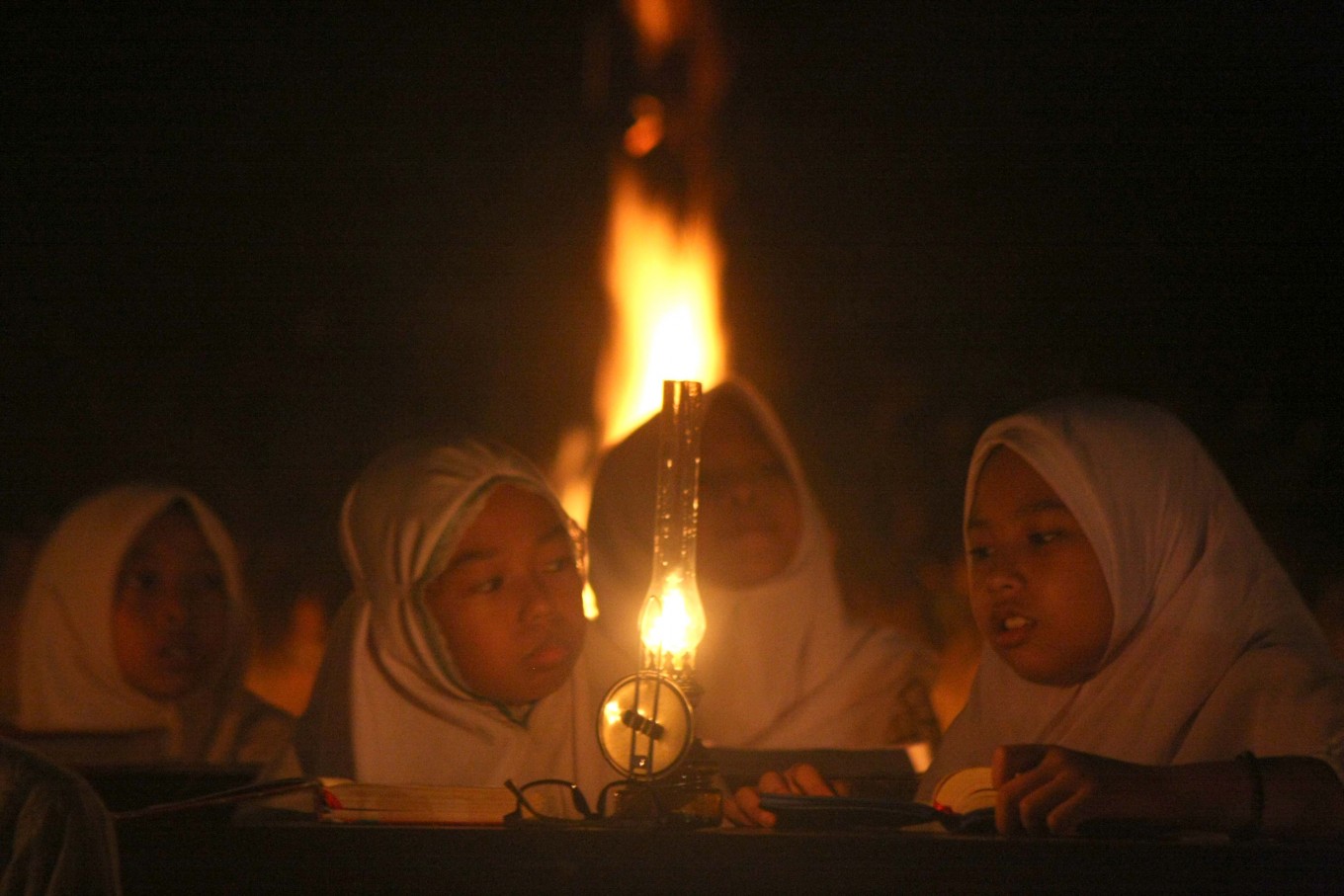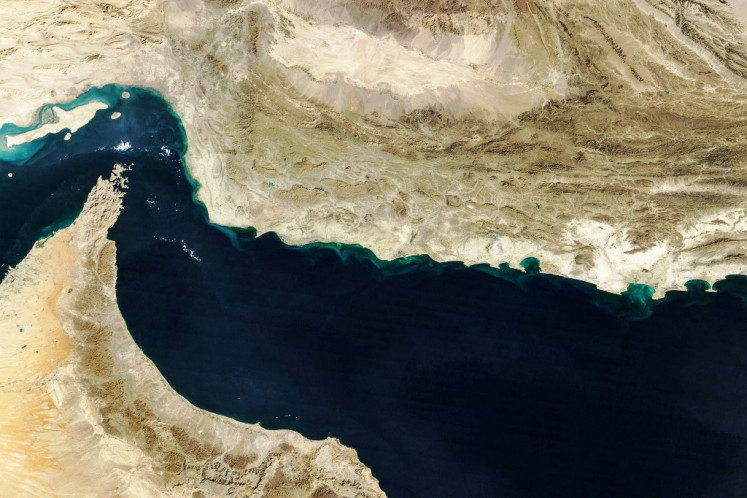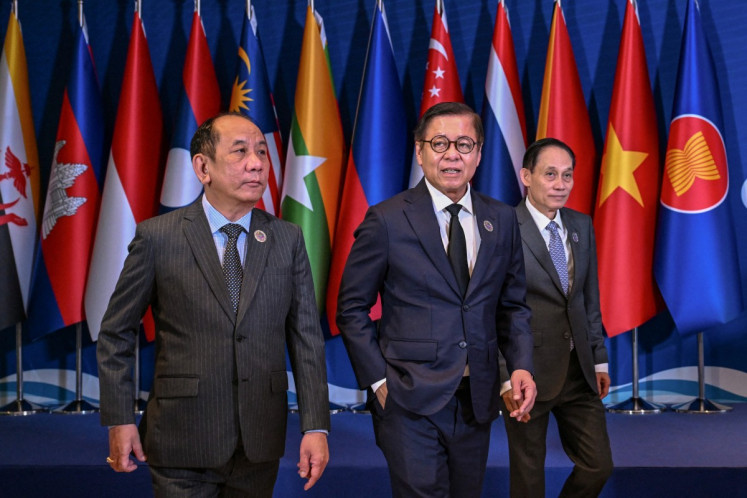Popular Reads
Top Results
Can't find what you're looking for?
View all search resultsPopular Reads
Top Results
Can't find what you're looking for?
View all search resultsWhen women translate rights
Women’s experiences as oftenmarginalized citizens can serve as the benchmark in an effort to meet all residents’ rights.
Change text size
Gift Premium Articles
to Anyone
“Roads, rates, rubbish.” This was councillor Anna Speedie’s campaign slogan when she successfully ran for mayor of Wodonga for a second term. Wodonga is in a rural hub in the far north of Australia’s state of Victoria, 300 kilometers from Melbourne. The slogan is far from new, but under her efforts the program seems to have markedly helped women, children, the disabled and the elderly to access public services easily.
Speedie outlined her rightsbased approach to participants of the Leadership Development Course for Islamic Women Leaders program in Melbourne in late September.
For Speedie, 45, a former tennis player, the slogan became a concrete effort to meet citizens’ rights. Throughout the two weeks, we heard similar commitment from other women speaker, based on a similar perspective: the experience and interests of women as the basis for fulfillment of public interests.
Participants of the program, held by the Alfred Deakin Institute for Citizenship and Globalization at Melbourne’s Deakin University, were comprised 29 Muslim women leaders from the major Islamic women’s organizations Aisyiyah and Fatayat; lecturers and two female rectors from Islamic private universities in Makassar; officials; politicians; media activists; women’s health practitioners and activists, including youth leaders.
Resource persons described how their efforts mainly aim to meet the needs of Australia’s most marginalized and vulnerable groups — immigrants, children, adolescents, the elderly and the disabled — as the yardstick of the success of their programs and services. They said that by paying attention to the needs of minorities, the majority will automatically benefit as well. We could conclude that women’s experiences as oftenmarginalized citizens can serve as the benchmark in an effort to meet all residents’ rights.
For Australia, the basis for fulfillment of citizens’ rights today is based on awareness of the huge diversity within the nation. Diversity as the basis for recognition of Australia’s multicultural policies surely has lessons for Indonesia.
Obviously, as is the case in many countries with diverse populations, the measures of diversity tend to center around differences among ethnic groups, races, religions, languages and in physical or geographic circumstances.


















